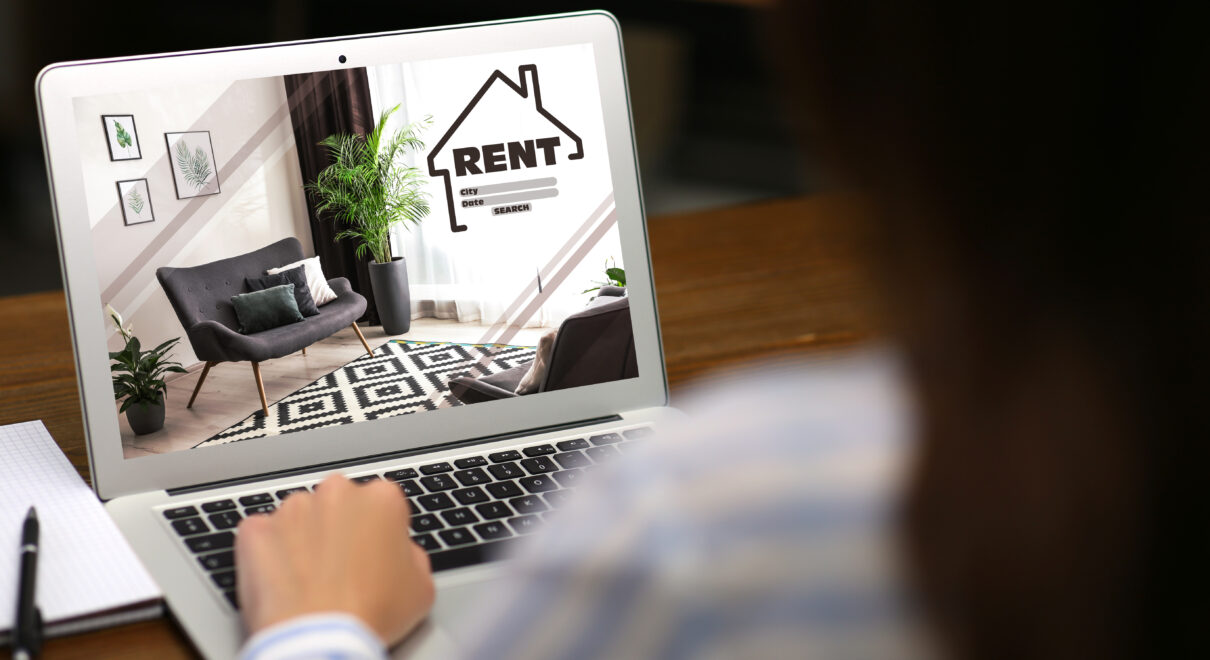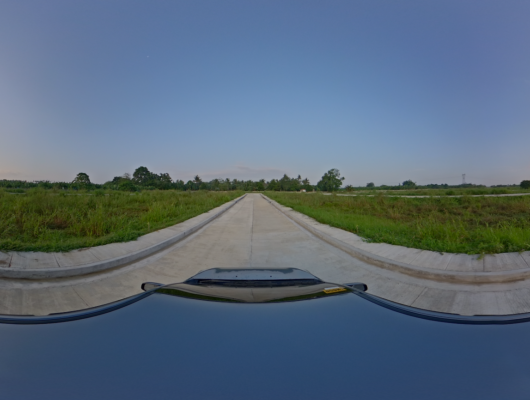As it stands now, the Philippine real estate sector is turbulent. While developers hope for brighter days as the economy recovers from the effects of COVID-19 pandemic, the reality is much more complicated. The Bangko Sentral ng Pilipinas (BSP) is aggressively hiking its rates amid global inflation, which has triggered rising borrowing costs and is seen to affect demand for residential and commercial properties. Yet with the right measures that harness technology, the real estate landscape (especially in emerging markets like the Philippines) could unlock certain benefits that can weather these uncertainties. Such is the value brought about by property technology, or proptech, as it is now more popularly known. Pioneered by companies like Airbnb, the sector has now evolved with more than 9000 companies globally. The potential for proptech to thrive in the Philippines, in particular, is driven by its growing young population that wants to move to its cities, yet faces a growing housing shortage. Here’s a look at how companies can tap into the potential of proptech in the Philippines, and the ongoing trends foreseen in the sector this 2023 and beyond.
What is Proptech?
Property technology, more commonly known as proptech, is the application of technology and software which real estate experts use to build, buy, sell, research, market, and manage their properties. This spans several sectors, from construction technology, to fintech, smart real estate, as well as the shared economy.
Proptech In the Philippines
Recent events have only accelerated the use of proptech here in the country, with the Proptech Consortium of the Philippines being established in 2021, with the aim of being a platform that goes beyond typical startup associations to “focus on impact, resilience, and scalable change”.
In a talk made by the Manila Times’ online business forum titled “State of the Art in Real Estate”, its Executive Director Anna Rocero described the proptech landscape in the country, noting that the pandemic has completely changed the way industry players cater to their increasingly virtual market, moving from merely overcoming physical constraints to promoting operational efficiency and productivity.
Such proptech solutions already being considered and used in the country include artificial intelligence and machine learning, which can help buildings reduce energy costs, and enhance its HVAC systems for optimal comfort. Other companies have also streamlined their client management and sales operations, allowing stakeholders to transact and coordinate online more easily.
Proptech Trends To Watch Out For
The Philippine real estate industry is at a flux along with the rest of the world, and with the changes brought about by the pandemic, its digital transformation will inevitably accelerate. Here are some global trends you might have to watch out for, whether you want to be ahead of the curve, or foresee any possible disruptions that could come your way.
1. Digitizing processes

Within the real estate industry, the digital management of tasks allows stakeholders to obtain relevant information on their buyers or their properties within seconds. This trend will only get more efficient and user-friendly, allowing companies to collect, store, and analyze data more easily. As such, this could result in greater construction and design quality, increased cost savings, and improved client satisfaction.
One digital player to take note of here in the Philippines is Nuproperty which is an integrated online platform that allows buyers, sellers, and property managers to transact more efficiently, while also offering other cloud-based solutions including lead generation, banner placements, and client management, which has helped increase its sales conversions.
2. Internet of Things
The rapid developments in Internet of Things (IoT) devices has spurred rapid changes in the way we can manage properties. From being treated as standalone, IoT has now become more interconnected in handling every aspect of a piece of real estate in a centralized manner. This gives the potential for owners and managers to make their properties not only more efficient, but also more sustainable and user-friendly: think Amazon’s Alexa, but more all-encompassing.
In Australia, the property and facilities management company Calumino has been making waves in this sector, with its own thermal sensor that extracts data from human and object heat signatures to provide insights for healthcare, security, and building safety. For instance, if an elderly resident or patient is about to fall, the sensor immediately alerts caregivers on duty.
3. VR and 3D Mapping

While real estate companies in the Philippines have been doing virtual reality and 3D-mapped tours for quite some time, the technology has only been getting better, integrating innovations such as drones to capture photos of properties from different elevations, to customization of interiors, and integration of IoT analytics to give brokers a better view of their property to potential buyers.
Some of the most cutting-edge companies doing these around the world include Moderlab in France, which allows clients to customize the way a chosen space looks online – from floors to wall colors, and even bathroom fixtures. Another trailblazer in the industry is Numedia, which allows users to visit a property in a virtual reality setting. In addition, drones can map existing Real Estate and its environment, which is then translated into 3D virtual reality or valuable property data.
4. AI and Machine Learning
For real estate professionals who are always busy, backend management can be a major headache, especially in keeping one’s marketing funnels and client relationships organized. Luckily, digital platforms that make use of AI and machine learning can resolve this, allowing them more time to focus on other more concrete endeavors. Potential solutions include the automation of the publishing of marketing materials, as well as AI-powered chatbots that provide instant answers to basic lead queries, and also determine if these need the property manager’s in-depth attention.
Taking this technology several steps further is Archistar.AI, which is an AI-powered platform that provides developers, architects, home builders, as well as real estate agents property research, feasibility assessment, and building design work based on property data and planning regulations within minutes, making them understand what they can build, design, and sell.
5. Healthy Workspaces
The COVID-19 pandemic has expanded the conversation of health and wellness in the workplace, and not just in work-life balance and hybrid work for that matter. From clean indoor air, to smart lighting that encourages in-office productivity, many innovations are sprouting up which real estate owners must be aware of in order to provide healthy and enticing spaces for their property portfolio.
In the UK for instance, the neuroscience company Centric Lab is doing radically innovative work to solve various urban health challenges. With its own smart cities geospatial tool, Centric Lab gathers and analyzes environmental and city data through a neuroscientific health perspective, helping real estate developers, public officials, and other organizations to create hyper-localized health codes backed by research. This has helped create policies that adapt to major factors such as climate change, and aims to help reduce the occurrence of mental and metabolic conditions like depression and diabetes.
6. Sustainability
From being a mere buzzword or nice-to-have feature around real estate circles, sustainability has become a key priority over the last few years in the global property landscape. Industry stakeholders are in fact expected to prioritize sustainable innovations even further, not just through construction but also in intelligence systems that help track one’s footprint and costs and provide valuable insights on how to reduce them.
One player that’s changing the game is Hong Kong-based sustainability solutions provider Ecomatrix, which aims to promote end to-end environmental, social and governance (ESG) solutions for businesses across Asia, a region that has lagged behind in corporate sustainability. Among its most noteworthy solutions is an AI-backed scoring system that helps stakeholders track, manage, and benchmark their sustainability performance against industry peers, and even international standards.
7. Flexibility in Workspaces And Living Environments
From being seen as a fixed asset, the emergence of co-working spaces and short-term homestay platforms like Airbnb has opened up the concept of real estate as flexible or on-demand. Just take a look around and see the range of homes and available spaces to stay in any city or territory, which one can book for an hour, week, and longer, while also being provided a variety of creature comforts to enhance one’s experience.
While these concepts have already taken off in the Philippines, Link Living aims to target a rising urban issue – of young professionals struggling to find safe, comfortable, and convenient communal housing. In addressing this, the company provides a simplified and accessible way for them to select and reserve a room for a specified period, and not just in any barebones space too. Link Living’s housing options are contemporary and stylish, and provide its inhabitants a holistic living experience hard to find in other communal rented properties.
In India, another country with a booming population of young professionals, Skootr provides freelancers and entrepreneurs dedicated plug and play workplaces. These are all ready to move in, meaning that they are fully furnished with the flexibility to scale up and down in size depending on their business needs.
In 2023, Create A More Effective Real Estate Marketing Strategy Powered by Numedia, A Reliable PropTech Provider
Navigate the changing real estate landscape with a proven PropTech provider who can help you market your business more effectively. Talk to us at Numedia Virtual, which provides a variety of PropTech services (including virtual reality and other marketing technologies) to help you reach and engage with audiences more effectively, while also helping you focus on your day-to-day. Leave the tech stuff to us! Supercharge your real estate strategy with Numedia and talk to us today!




